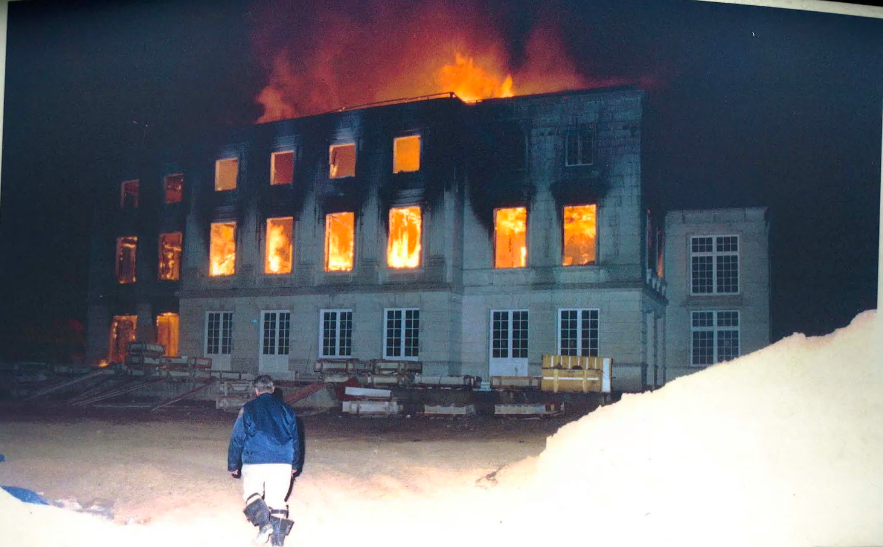Itkowitz Obtained a $2,000,000.00 Settlement on Behalf of a Client Whose Mansion was Destroyed by Fire Just Prior to its Completion
February 10, 2010
Cohen v. Utica First Insurance Company
(436 F.supp.2d 517, 2006 EDNY)
This was a case where we represented the owner of mansion on the North Shore of Long Island whose house burned down about two weeks prior to completion. In the course of suing the general contractor (a case which settled for $2 million dollars) (see Cohen v. Mario Industries), we pursued the insurance company of the painting contractor, which insurance company had denied coverage on the ground that the contractor did not give “timely” notice of the fire to the insurance company. In this decision, the United States District Court, Eastern District of New York, denied the insurance company’s motion for summary judgment and ordered the case to trial. After a three day jury trial, the jury came back, in twenty minutes, with a verdict for the home owner after about an hour’s deliberation. After the verdict, the insurance company not only agreed to pay the entire amount of the policy, but agreed to pay pre-judgment interest. Link to Full Text of Decision
October 2003 Settlement of Interest
Itkowitz obtained a $2,000,000.00 settlement on behalf of a client whose mansion was destroyed by fire just prior to its completion. The settlement was obtained from a general contractor who Itkowitz sought to hold responsible for failing to properly supervise and control the activities of a sub-contractor. Itkowitz contended that the sub-contractor, who was under insured and who was applying lacquer to wood finishes on the day of the fire, failed to properly ventilate the premises and clean up after its work, thereby causing spontaneous combustion. Typically in cases where the entire premises burns down, it is difficult to prove liability because evidence is destroyed as well. Here, however, Itkowitz used receipts for the products used by the sub-contractor to ascertain the product ingredients and obtain the manufacturer’s warnings. Itkowitz had this evidence evaluated by a nationally reputed fire-safety consulting firm, which was able to model how the fire occurred. Faced with such evidence, including expert analysis, the general contractor settled the case on the eve of trial. (Sup. Ct. Nassau Cty. 9/30/03)
Cohen v. Mario Industries
(Sup. Ct. Nassau Cty. 9/30/03)
A party cannot use the procedural mechanism of a subpoena duces tecum to expand permissible discovery under existing law. Accordingly, a trial subpoena which constitutes nothing more than a “fishing expedition” and seeks information which could have been requested in the pre-trial phase of the proceeding should be quashed. Link to Full Text of Decision







